This is a plan for big-ticket purchases in which the customer pays in installments with an initial down payment and additional interest. Many businesses have trouble managing a growing number of employees because of this increase in healthcare costs, but the difference is apparent: Buyers get the right to possess anything as soon as they sign the contract if they are working with an installment plan. Until the customer pays in full, the goods are not legally theirs.
Agreements
Hire purchase agreements are a kind of rental transaction that is very similar to rent-to-own, in which the lessee is able to purchase at any time. This is, for example, how people rent to own automobiles. Hire buy and rent-to-own may both help those with bad credit, by helping them to pay for big-ticket goods in small payments over a long period of time. Though one doesn’t really possess the goods until the bill is paid in full, this is not credible since the customer theoretically has ownership before they’ve finished paying.
Leasing goods may be a risk for vendors since until the conclusion of the agreement, they don’t have ownership transferred. That means greater protection for vendors that use a hire buy plan to make an unsecured purchase. Repossessing them will be much easier for the lender because it’s more difficult for buyers to pay their debts on time.
Costs
The first consideration is to understand how much something will cost:
- Rate of interest paid for borrowing money. Assets with greater resale value are more appealing with better rates. ‘Soft’ assets, such as ones that have little resale value, will be offered worse interest rates.
- Administration and processing fees paid by the financing corporation to make sure the loan met its requirements. The vehicle may be under regular maintenance obligation and must be serviced at a known facility.
Know all the options
Appliances, which many consumers acquire using store credit, hire purchase, or financing plans, are often found to be ‘value losers’. Once we’ve invested in them, their worth decreases.
When it comes to purchasing anything on credit, there are a number of choices. For some purchases, store credit or hire purchases don’t make the most sense. Many different types of lenders give out personal loans, including banks, credit unions, building societies, and peer-to-peer lenders. Before agreeing to buy or lease something, we may have the entire cost checked.
It’s common for homeowners to overextend themselves on their mortgages. However, if we don’t immediately pay back the money borrowed for this additional option, it may wind up being more costly than HP. Our house is no longer our main source of money since it is not liquid and merely means we may borrow more in theory when our property values increase.
Find the best interest rate
Interest rates fluctuate wildly. Credit cards and personal loans usually carry 12–20% annual interest rates. High-interest rates are a possibility when using retail credit cards from big chain shops.
Around a fifth of contracts fall between 17 and 27 percent.
When searching for anything, it is beneficial to spend the additional money since it saves money in the long run. A $2,000 purchase that spans three years may see costs of $2,570 to $2,940 before including any additional expenses.
A loan including it, for example, would cost about $2,220, even if it was repaid over three years at 7% interest, and it is common to extend the period, which results in additional expense.
Interest-free time is excellent – it simply means we have to pay the whole amount in a time span of having no interest rate. Otherwise, these agreements may wind up costing a lot of money.
Check the fees and charges
When dealing with hire buy or credit sales, one may expect a plethora of fees and costs. They may be covered up by the debt we owe to the merchant. That means we may not realize it. There are fees for opening and maintaining the account and service, which will increase our costs and in the end the service’s value.
A repayment insurance plan may be part of the contract that the store offers. When a borrower dies, the insurance company pays the entire amount of the loan. These plans extend to covering any loss of income due to accidents, sickness, or being laid off, and therefore borrowers repay for a time span stipulated in the contract.
This may cost us even more money since it is a premium, and it’s hard to tell whether it’s really required. In other words, insurance for redundancy isn’t needed for those who aren’t in paid employment.



